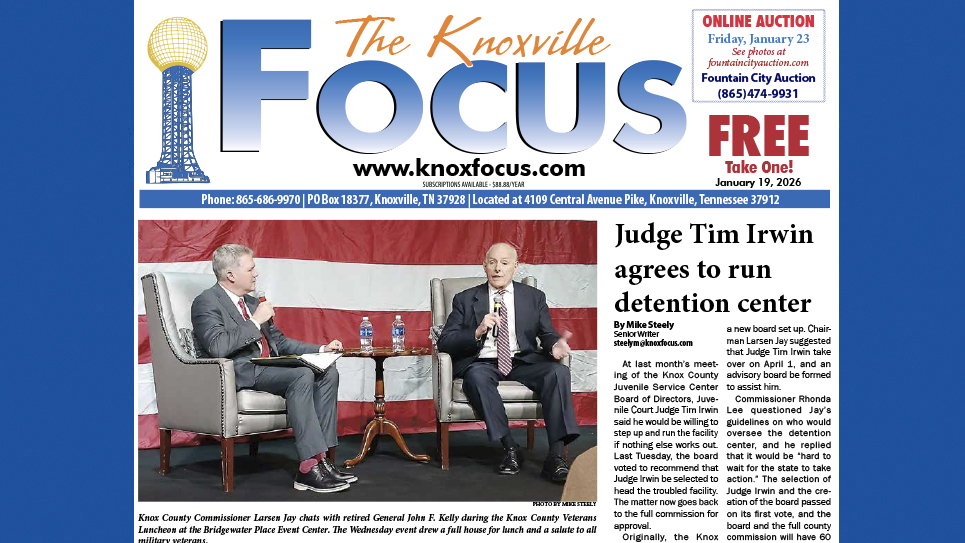TN Task Force on Student Testing and Assessment Report
Last week the TN Department of Education released the Final Report of the Tennessee Task Force on Student Testing and Assessment. The Task Force was established in the spring of 2015 by Commissioner of Education Candice McQueen to “address concerns about the amount of testing, quality of testing, and associated preparations.”
The eighteen-member Task Force included Commissioner McQueen, Senate Education Committee Chairman Delores Gresham, House Education Instruction and Programs Committee Chairman Harry Brooks, State Board of Education Executive Director Sara Heyburn, and assorted director of schools, principals, teachers (and a student) from across the state, and local Knox Co PTA member Virginia Babb.
The Task Force came up with a total of 16 recommendations, with specific emphasis on: 1) transparency in testing; 2) reducing unnecessary or redundant testing; 3) aligning tests to postsecondary and workforce expectations; and 4) test scheduling and logistics.
Highlights of the Task Force recommendations include eliminating the standardized test option for kindergarten and first-grade students, and dropping the mandatory ACT EXPLORE (8th grade) and PLAN (10th grade) assessments. They recommended the state continue to require high school students to take the ACT exam, but not adopt ACT’s new alternative ASPIRE.
In the interest of promoting transparency, the Task Force also recommended the Department release test questions from the state’s summative assessments (e.g., TNReady) to teachers, parents, and students.
The Task Force also recommended Districts increase awareness of the realities of test anxiety and provide specific guidance in how to help educators avoid passing on stress or test anxiety to students.
Grace Tatter at tnchalkbeat.org adds, “The recommendations reflect concerns raised in other states about the time spent increasingly on standardized testing. Across the nation, thousands of students opted out of end-of-year, Common Core-aligned tests. While frustrations over testing in Tennessee have been more muted, critics have charged that the state and local districts have created a culture of “over-testing.”
Lauren Hopson, KCEA president, issued the following comments: “I am thrilled to see that they agree with Knox County teachers who have lobbied in the last year to eliminate K-2 standardized testing. It shows that teachers like Christina Graham knew what we were talking about. I also like the recommendation that test items be released so that testing companies can be held accountable as well.”
“It was important for the state to review these assessments, but they could have saved a lot of time and money by just listening to classroom teachers. The number of standardized tests isn’t always the problem, but (rather) the hours upon hours spent on test prep instead of authentic learning. There is an interesting graph (page 87) that showed 45% of teachers spent more than 20 class periods on test prep….only 22% spent less than 10 class periods on it. For middle and high school, 20 class periods is a month of instructional time.”
“The DOE seems to think that communication about testing is a large part of the problem, but if they were TRULY transparent about the motives behind the “need” for these tests, even more of the public would become concerned.”
“I don’t think we will see any huge changes until after the results of TN Ready are sorted out. States that have moved to this sort of test have routinely seen huge drops in the rate of students scoring proficient. Regardless of the how the recommendations are implemented, the misuse of these scores to sort and rank schools and teachers rather than help students needs to be addressed.”
The full report is available here: http://www.tn.gov/assets/entities/education/attachments/tst_assessment_task_force_report.pdf
Learning Ally Announces School Solutions Audiobook Membership Giveaway
Learning Ally, a leader in providing dyslexia support through audiobooks and parent support services, has announced an amazing membership giveaway.
The School Solutions Audiobook Membership will help teachers of students who struggle with reading disabilities to remove barriers to the essential content these students need so they can read alongside their peers and stay on track with class assignments.
Three memberships will be awarded, and each winner will receive a school-year membership to Learning Ally’s School Solutions program (valued at $900). This membership will provide 10 students with learning disabilities unlimited access to more than 80,000 audiobooks. Winners will also have access to Learning Ally’s easy-to-use online management tool to track and monitor students’ reading progress.
Knoxville’s Learning Ally Social Media Community Leader Julya Johnson told the Focus that the only Learning Ally schools in Knox County are Berean Christian School and the Episcopal School of Knoxville. No KCS public schools are currently members, so this is a great opportunity for KCS teachers.
WeAreTeachers.com has a blog post titled 7 Ways to Get Your Struggling Readers to Read. From this post: “Before I knew I was dyslexic, I thought I was stupid,” said the boy who graduated high school with honors and is headed to Yale in the fall. The truth is, many kids who struggle with reading initially believe they’re stupid. Living with a reading disability that hasn’t been identified can be scary and discouraging. In fact, it’s not uncommon for struggling readers to be exceptionally bright kids—they just learn differently. When we as teachers can uncover strategies that really work for these atypical learners, like using audiobooks and teaching with visual images, big things can happen.
More tips for teachers (and parents) of students struggling with Dyslexia are available at weareteachers.com. October is Dyslexia Awareness Month, raising awareness and support for the 1 in 5 students who struggle with dyslexia.






